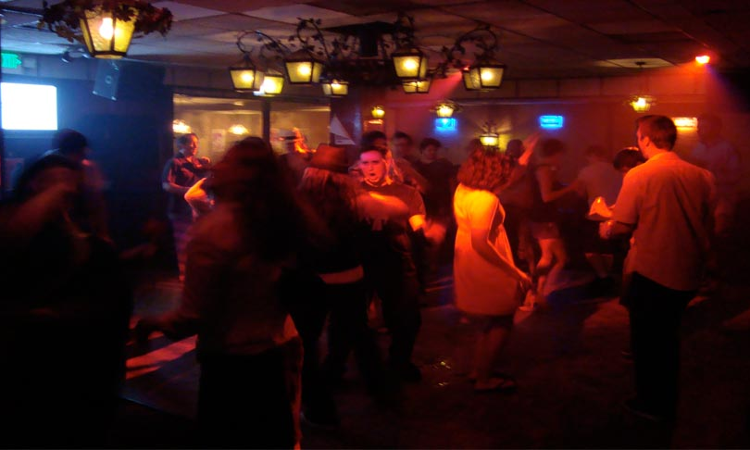Breaking: There Cannot Be A Total Prohibition Of Dance Bars In Maharashtra;SC Relaxes Stringent Conditions For Licence
Ashok Kini
17 Jan 2019 12:00 PM IST

Next Story
17 Jan 2019 12:00 PM IST
The Supreme Court on Tuesday held that there cannot be a total prohibition of dance bars in Maharashtra. The Bench has also relaxed the stringent conditions imposed by the Government for getting license for dance barsThe two Judge bench of Justices AK Sikri and Ashok Bhushan was delivering Judgement in a batch of petitions filed by various bar owners and 'Bharatiya Bargirls...
